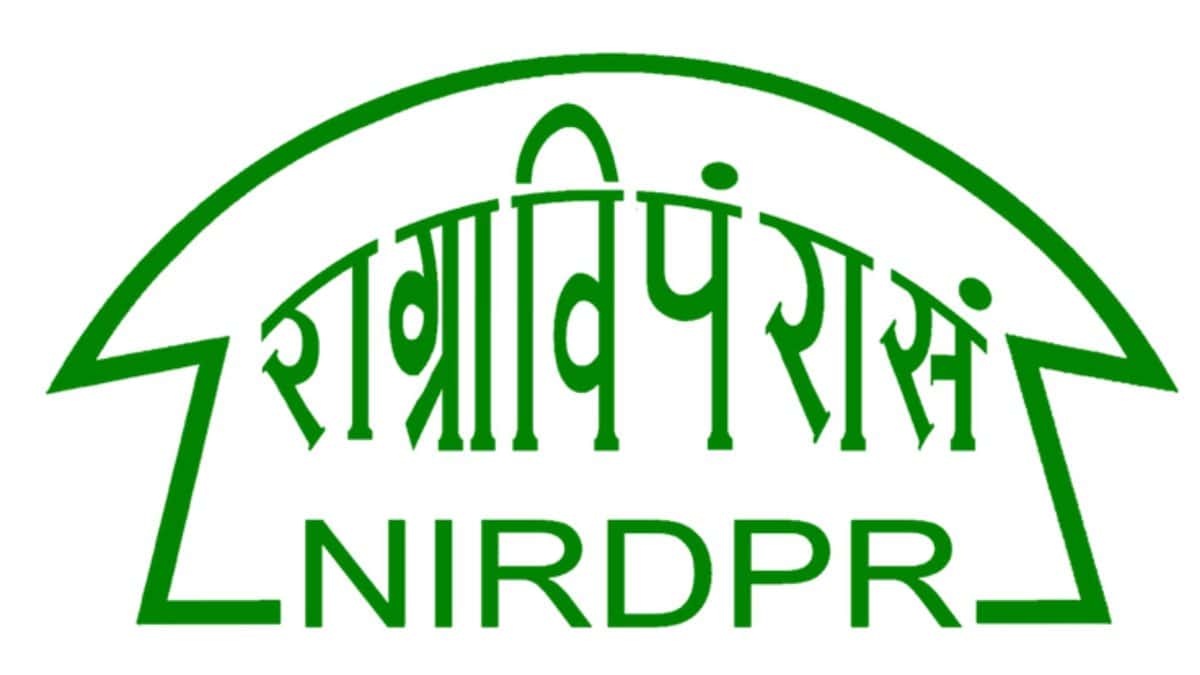
Hyderabad: The parliamentary standing committee on Rural Development and Panchayati Raj (2024–25), has presented its tenth report in the Parliament on July 22, strongly recommending the continued engagement of the National Institute of Rural Development and Panchayati Raj (NIRDPR) with the Ministry of Rural Development (MoRD).
The committee argued that such disengagement would not serve the cause of “minimum government, maximum governance,” but would, in fact, weaken the rural development infrastructure by disrupting policy alignment, institutional continuity, and financial stability.
Constitution of a MoRD-led Committee to oversee administrative stagnation, governance at NIRDPR
The committee expressed serious concern over the internal administrative stagnation at NIRDPR and has recommended the formation of a high-level committee under MoRD to oversee administrative and governance matters, and also institutional reform.
It noted that several key posts, including deputy director general (academic), registrar, and finance advisor, either remain vacant or are being managed by junior officials in an acting capacity, leading to operational inefficiencies and weak oversight.
The report further observed that decision-making has become overly centralised, with little internal consultation or transparency.
A transition roadmap prepared by the Administrative Staff College of India (ASCI) was reportedly ignored, and internal documents lacked broad-based input.
The Committee found that this governance vacuum has led to deteriorating infrastructure, stalled promotions, unresolved vigilance matters, and declining morale among the faculty and staff.
It strongly recommended the immediate constitution of a MoRD-led oversight body to restore transparency, decentralise authority, and ensure that the institute functioned in accordance with its original mandate.
Expeditious filling up of vacancies
The Committee drew attention to the severe human resource shortage at the institute. As of March 2025, out of 640 sanctioned posts, only 221 were filled, leaving 419 positions vacant. This includes a large number of academic posts, support staff, and leadership roles.
The Committee noted that this staffing shortfall is crippling the institute’s ability to deliver training, conduct research, and support state-level institutions under Rural Development & Panchayati Raj.
The Committee expressed concern that the current capacity of NIRDPR is insufficient to support the over 1,000 training programs it undertakes annually.
Reorganisation of the current management structure
The Committee called for a reorganisation of the institute’s current management structure. It noted a breakdown in leadership effectiveness, marked by delayed salary disbursements, pending reimbursements, and non-payment of vendor dues, despite the availability of internal revenues and a significant corpus fund.
This, according to the Committee, has created financial stress among the staff, particularly self-help group workers and contractual employees. The lack of strategic vision from the current administration, it noted, has damaged trust, reduced productivity, and jeopardised the institute’s academic standing.
Accordingly, the Committee recommended an urgent review and replacement of the current administration, which has failed to maintain faculty trust and organisational coherence. It further urged the Centre to continue the grant already extended to NIRDPR, to ensure the institute’s uninterrupted functioning while reforms are underway.
Academic Association of the NIRDPR, in its meeting held on July 23, welcomed the observations and recommendations of the parliamentary standing committee and decided to write to various authorities of the Centre to act on the recommendations at the earliest.



